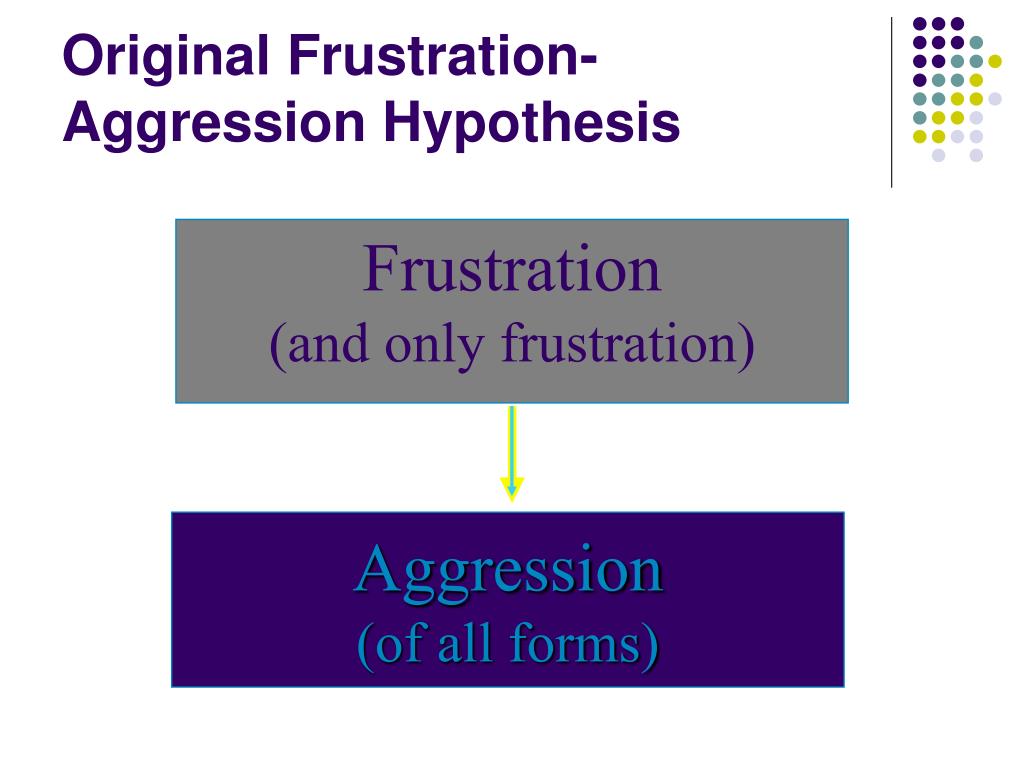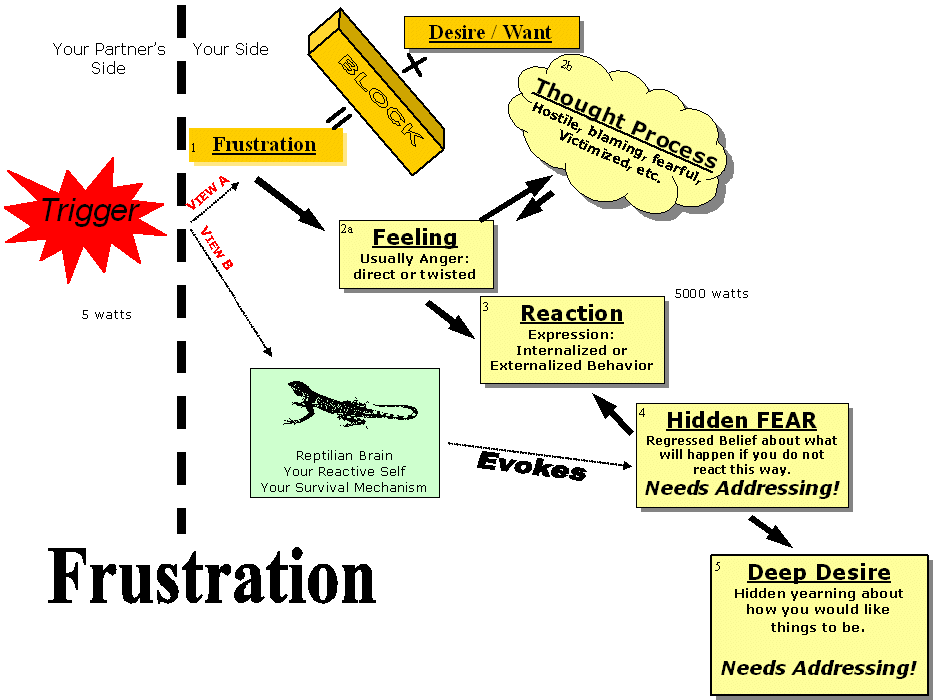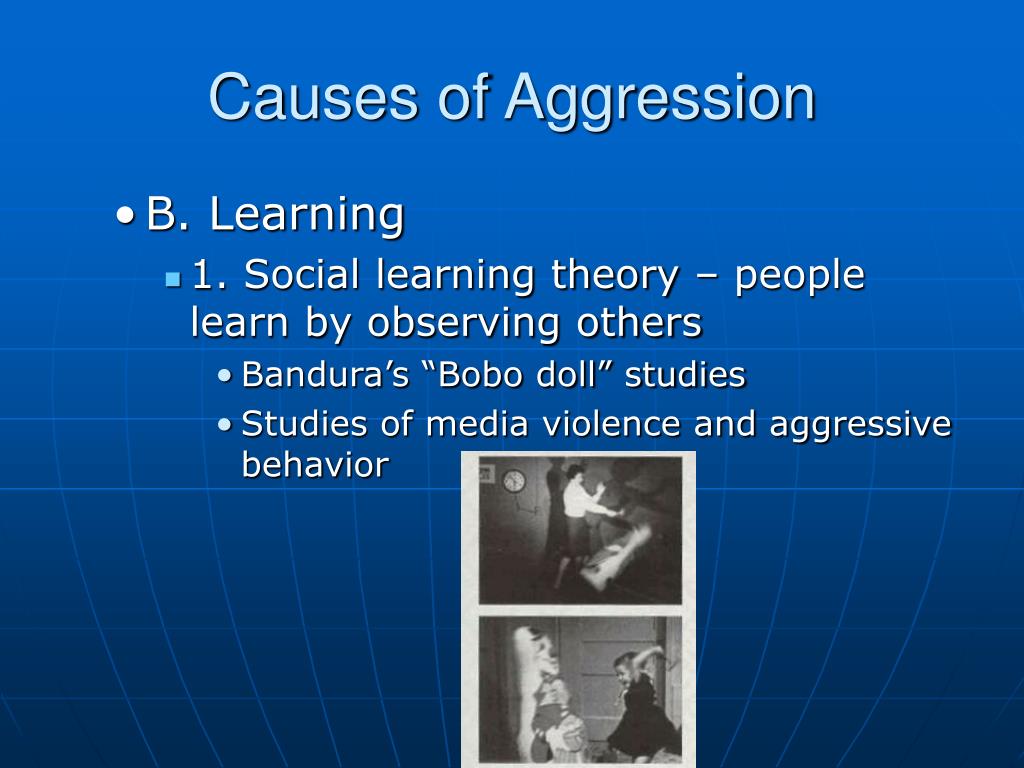
His theory proposes that being unable to reach the desired goal is what triggers the aggressive impulse. Berkowitz developed the cognitive-neoassociation theory of aggression based on work by Freud. Serotonin levels also have an important part to play in displaying and controlling said behavior. High testosterone and low cortisol levels could also have something to do with aggressive behavior. Studies have shown that especially aggressive people can have less gray matter than other subjects. The amygdala, the hippocampal formation, the septal area, the prefrontal cortex, and the cingulate cortex seem to modulate aggressive behavior through the connections with the medial and lateral hypothalamus. On the other hand, aggression between human beings is socially regulated as well.ĭifferent types of aggressive behavior appear to originate in different areas of the brain. It’s more the interaction between biological and environmental factors that would make you more or less prone to aggressiveness. There doesn’t seem to be a direct correlation between genetics and aggressive behavior. This is planned aggression, whether it’s for revenge or other ulterior motives.


Theft could be the motive or a grab for power. The primary goal is not to cause harm, though that might happen anyway. It’s reactive aggression with a heavy emotional load. Hostile aggression is impulsive-type aggression with the goal of causing harm. They have different precedents, they predict different problems, and they are associated with different cognitive and emotional processes. The motive behind the behavior is the primary difference. Generally speaking, there are two types of aggressive behavior: hostile aggression and instrumental aggression. You might come across behavior that is direct, indirect, physical or verbal, psychological or relational… Aggressive behavior: hostile or instrumental

The field of psychology has dedicated a lot of time and work to studying the causes, processes, and consequences of aggressive behavior. You see it on the news, on the street, in social media.Īggressiveness seems to be a natural part of life that is present in everyone to some degree. There are many different kinds of aggressive behavior and there are theories that highlight its survival value for us as a species. It is, in one way or another, part of your surroundings.


 0 kommentar(er)
0 kommentar(er)
